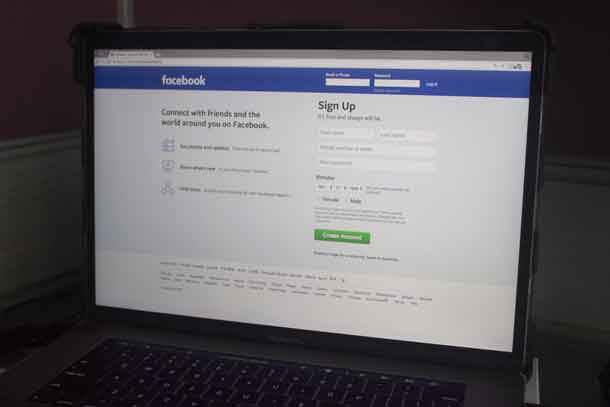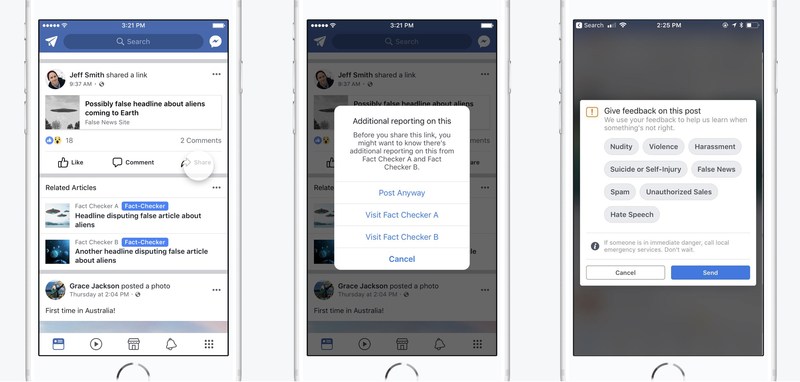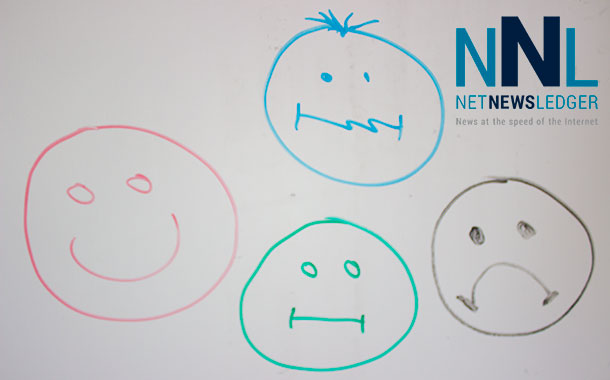TORONTO – TECH – Facebook Canada, in collaboration with Agence France-Presse (AFP), announced today the launch of its third-party fact-checking program aimed at helping combat false news from spreading on Facebook. The program is part of Facebook Canada’s ongoing Elections Integrity Initiative, which aims to ensure the platform is a space for authentic civic engagement.
AFP has been certified through Poynter’s International Fact Checking Code of Principles, a non-partisan International Fact-Checking Network. Through the program, AFP fact-checkers on the ground in Canada will review Canadian news stories on Facebook in English and French and rate their accuracy.
The third-party fact-checking program is in line with Facebook’s three-part framework to improve the quality and authenticity of stories in the News Feed. Aside from Facebook’s Community Standards, which regulate content shared on the platform, this program will also reduce the distribution of stories that undermine Facebook’s authenticity and will also provide people with more context on the stories they see.
“We are committed to fighting the spread of false news and misinformation on multiple fronts, employing a variety of tools and tactics. Working with AFP on the third-party fact-checking program is a continuation of our Canadian Elections Integrity Initiative, and one of the ways we hope to better identify and reduce the reach of false news that people share on our platform,” said Kevin Chan, Head of Public Policy at Facebook Canada. “In addition to the fact-checking program, our tactics include disrupting financial incentives, taking action against fake accounts, applying machine learning to help diminish spam, reducing the posts people see that link to low-quality web pages, and providing people with easier access to additional perspectives and information.”
“We are delighted with this new contract which is a testament to AFP’s expertise and credibility in the verification of information. At a time when false news and misinformation is proliferating widely, this project with Facebook touches directly on the agency’s founding mission and the work being done by our network of journalists every day to provide a reliable and high quality verified news service,” said Michèle Léridon, Global News Director at AFP.
As part of the program, Canadians on Facebook will be informed if a story they shared on Facebook has been rated as false. As well, Pages on Facebook that repeatedly share false news will be seen less across people’s News Feeds.
“There is no silver bullet solution, but we will continue to deploy a diverse set of solutions to ensure the integrity of our platform for Canadians. This includes an ongoing two-year digital news literacy partnership with MediaSmarts, Canada’scentre for digital and media literacy, to help people make more informed decisions about the information they see online,” added Chan.
How Fact-Checking Works
- Fact-checking stories. News stories flagged on Facebook will be reviewed by AFP, which has been certified through a non-partisan International Fact-Checking Network. These fact-checkers will review the story, check the facts, and rate the accuracy of the story.
- Placing false stories lower in News Feed. Stories that have been rated false by a fact-checker will be placed lower in your News Feed, significantly reducing the chances of you seeing it.
- Taking action against Pages and websites that repeatedly share false news. Pages that repeatedly share false news will see their distribution reduced and their ability to monetize and advertise removed.
Providing the Community with More Information and Control
- Providing more context on false news stories. If third-party fact-checkers write articles providing more information on a news story, you will see these articles immediately below the original story in your News Feed, in Related Articles.
- Notifying people when they’ve shared false news. You’ll receive notifications if you try to share a story or have shared one in the past that’s been determined by third-party fact-checkers to be false. Page admins will also be notified if they share stories rated as false.
Giving You More Tools to Identify and Give Feedback on False News
- Learn how to spot false news. Knowing what to look out for may help you make more informed decisions about what to read and share. As part of a two-year partnership with Facebook, MediaSmarts is developing an extensive program on misinformation and false news called Reality Check. Learn more here.
- Provide feedback on a story you think is false. Learn how to take action on stories that you think are false.








